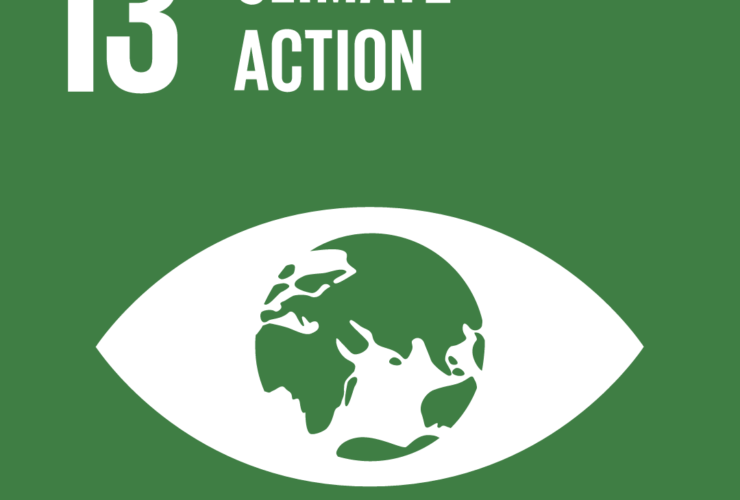Vigilance in the Aftermath of the Victorious Judgement
By: Serena Naresh
The week of July 15, the deCOALonize Campaign together with lawyers from Natural Justice, and the Katiba Institute went to Lamu and held two major meetings in Lamu East and Lamu West to help the communities in Lamu understand the National Environment Tribunal (NET) judgment on the Lamu Coal Plant.
Save Lamu – the organization that’s been at the forefront in coordinating the communities and civil society organizations in Lamu against the coal power plant – helped gather the community in Lamu West at the Lamu Fort in Old Town and the Lamu East group gathered at Faza Social Hall in Faza Island.
The team from Nairobi was also joined by Natural Justice staff from Senegal and Guinea who were on a learning exchange to learn among other things how to work closely with the community and use legal empowerment as a tool in defending environmental and human rights threatened by extractive development.
At both meetings in Lamu East and Lamu West, it became evident from the range of questions the community members were asking that this visit was timely. For example, the questions around the compensation of the fishermen from the Lamu Port case kept popping at every instance – yet the case itself had nothing to do with the Lamu Coal Plant Judgement.
Despite the concerns being more about the port (because majority community members are mostly fishermen), they raised legitimate questions on the issues around compensation. Generally, fishermen and farmers were concerned about compensation being a one-time lump payment instead of a long-term monthly or yearly payment structure.
The Lawyers patiently took their time to explain that the LAPSSET Case had been appealed and that only some farmers had been compensated. They stressed that no single fisherman had been compensated yet.
It is unfair that the fishermen who were previously fishing near the port development site were forced to move further away to where the Lamu Coal Plant site lies.
Having sufficiently dealt with the LAPSSET questions, they were able to help the communities understand that the NET judgment did not mean the complete removal of coal plant Amu Power can conduct a fresh ESIA study and continue construction considering the deadline for appeal has already passed.
The lawyers informed the community that the judgment stressed on the importance of meaningful and effective public participation. They, therefore, urged community members to show up and engage accordingly whenever invited for public participation. Voicing community concerns can help work toward appropriate mitigation efforts.
However, Lamu community members are highly aware that they remain in a disadvantaged position when it comes to asking the right questions and being educated on development, energy, and economics topics to truly give informed consent. On the other hand, the community has developed a Biocultural Community Protocol over the past 8 years to inform developers of their nuanced cultures, history, and wealthy environment. Overall, lobbying efforts, discussions with UNESCO has proved very strategic because they have called for a halting on the coal plant project until proper mitigation efforts were in place.
Moving forward, Save Lamu will be keeping the community engaged and informed through WhatsApp groups to better disseminate information. Access to information is a primary pillar to support public participation.
The landmark judgment revoking the ESIA license coupled with ongoing community organizing exchanges marks a turning point in the African international development scene, which has historically been characterized by international companies disrespecting and taking advantage of differences in cultures. Corporations can no longer disregard human rights and get away with impunity.
At its core, businesses respond to customers and the government responds to its citizens. Businesses even have a duty to practice Corporate Social Responsibility.
Of course, businesses operate to also generate revenue, and with the current market trends, the decline of coal is becoming even more apparent. The U.S. is shutting down coal plants despite the administration’s support to keep them open just because the economics no longer favor coal. Banks and funders have restricted their capital to fund fossil fuels like coal.
Recent reports show the cost of renewables continues to decrease, dropping below coal prices globally. Kenya’s energy demand is growing, but locking inexpensive energy supplied by a coal-fired power plant to meet that demand will actually deter investors from funding necessary sustainable development projects that truly benefit both the local communities and the country.
The Writer is a visiting scholar from the University of California, Berkeley. She’s researching on energy and environmental justice.


